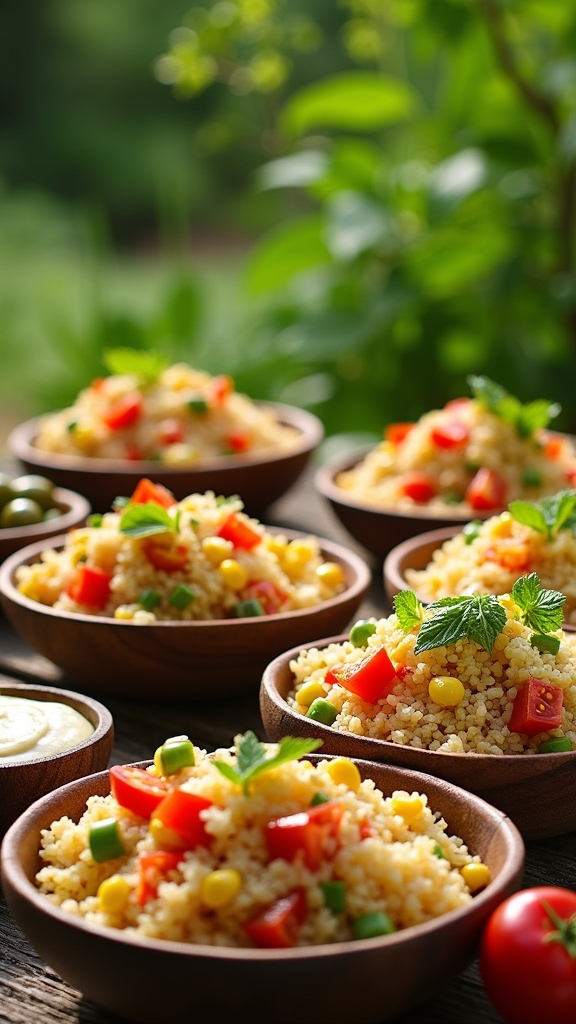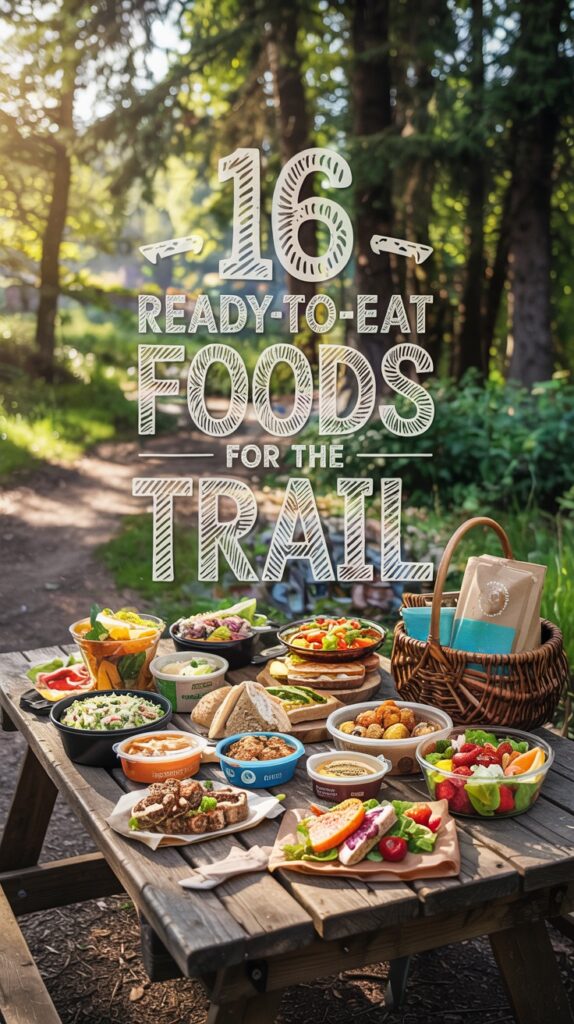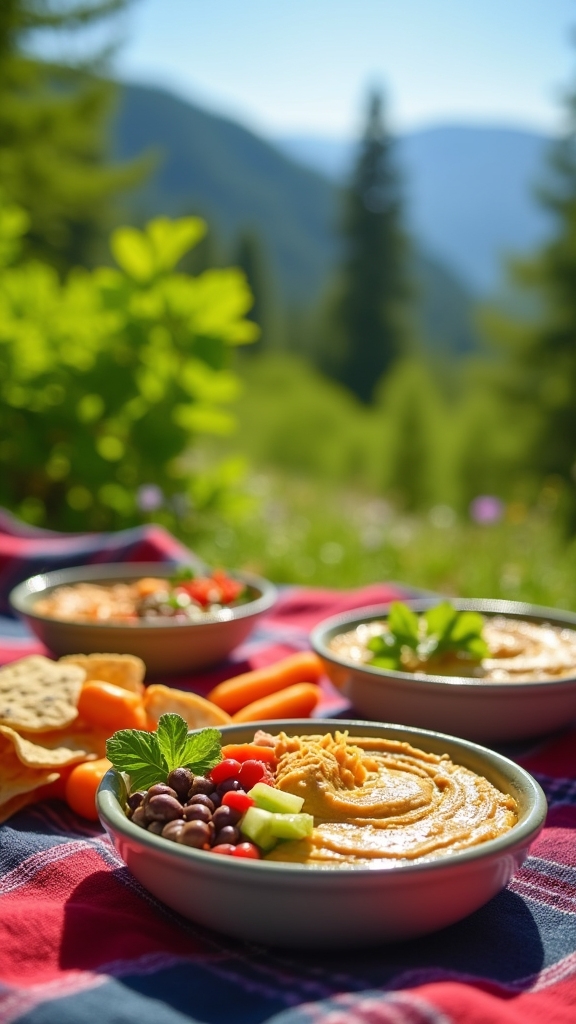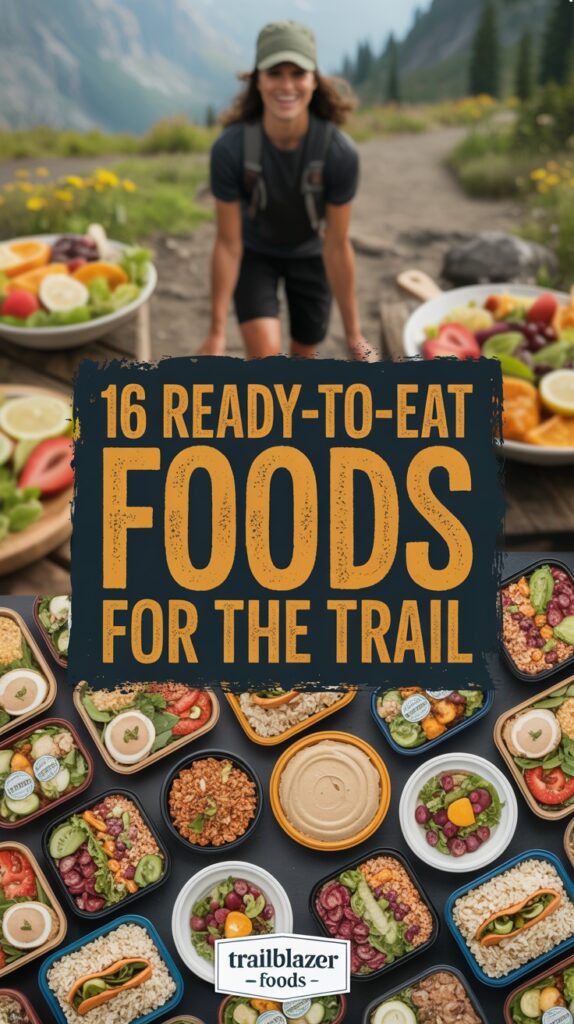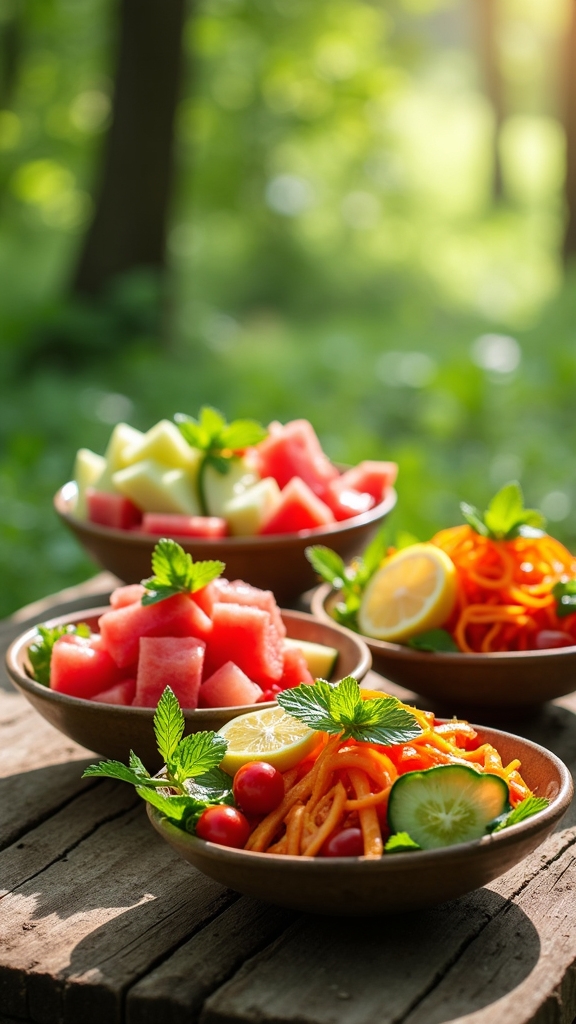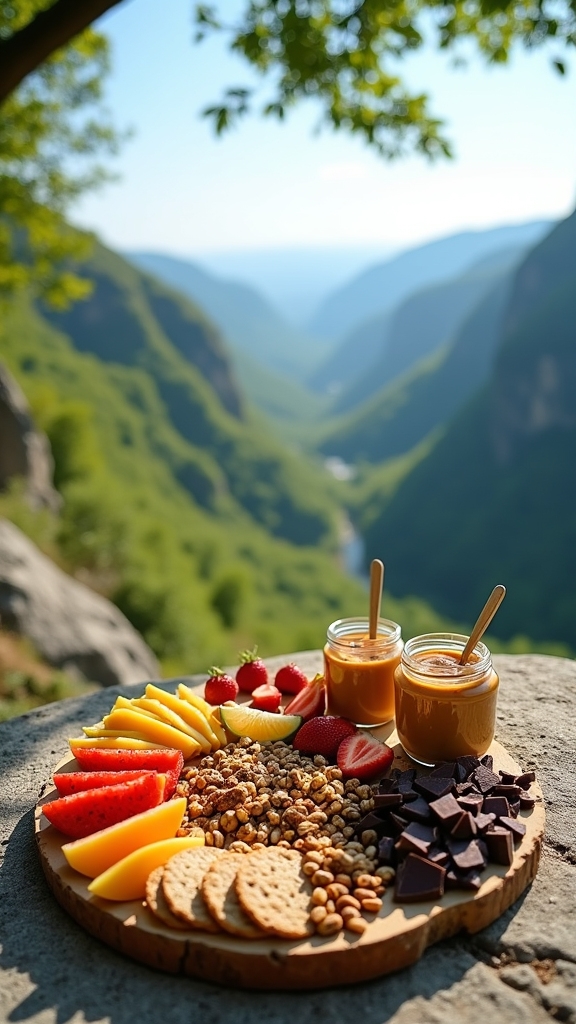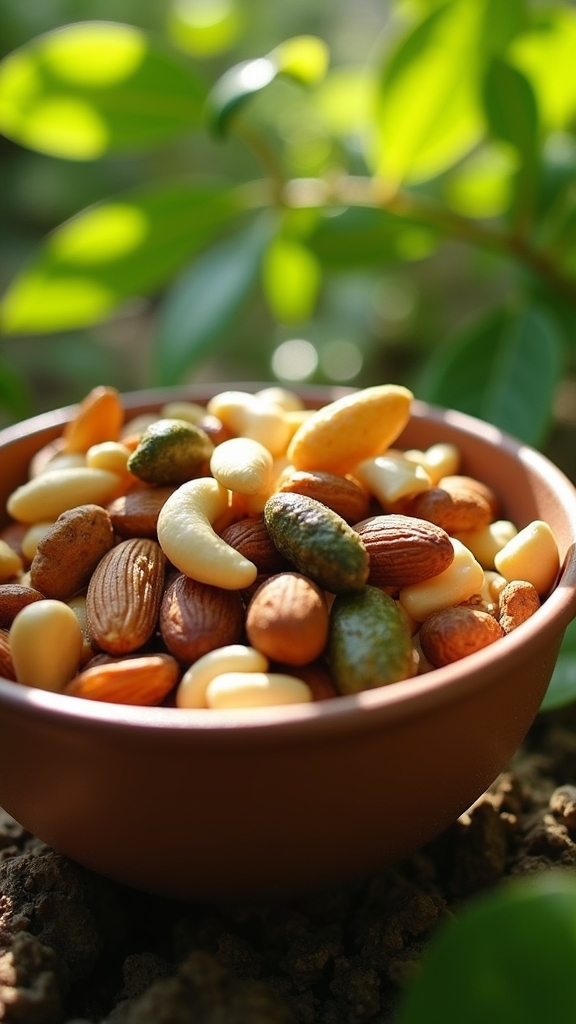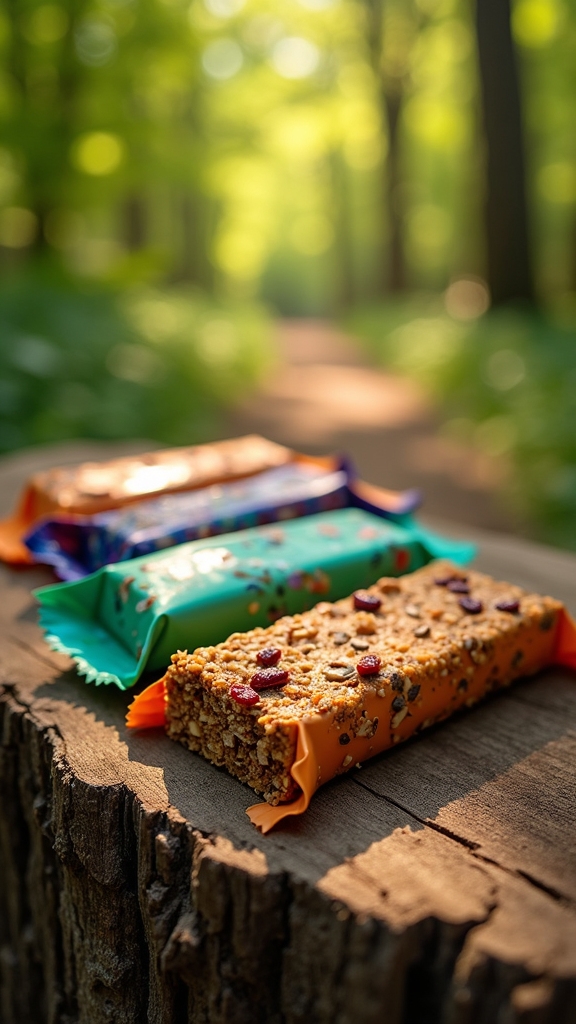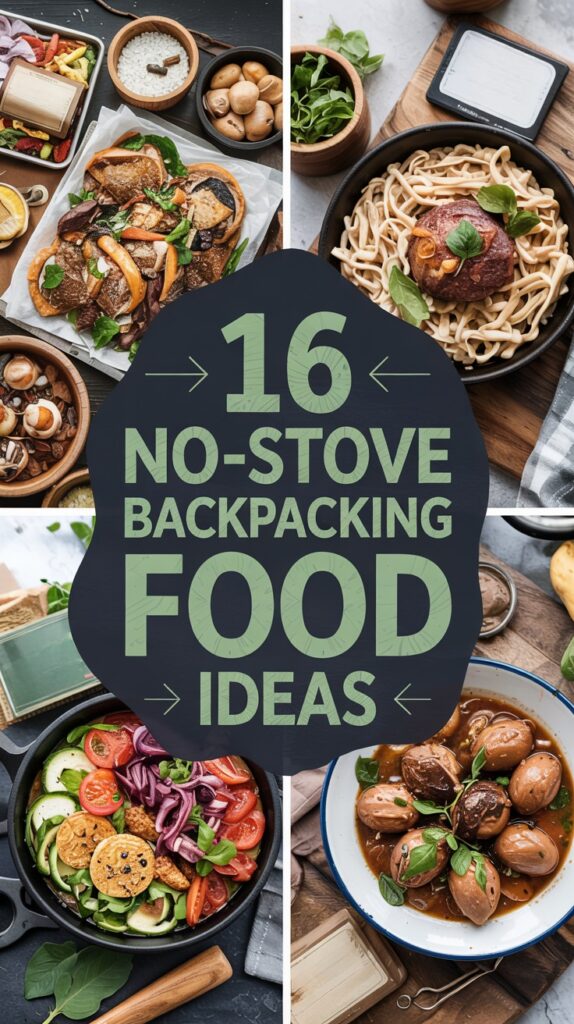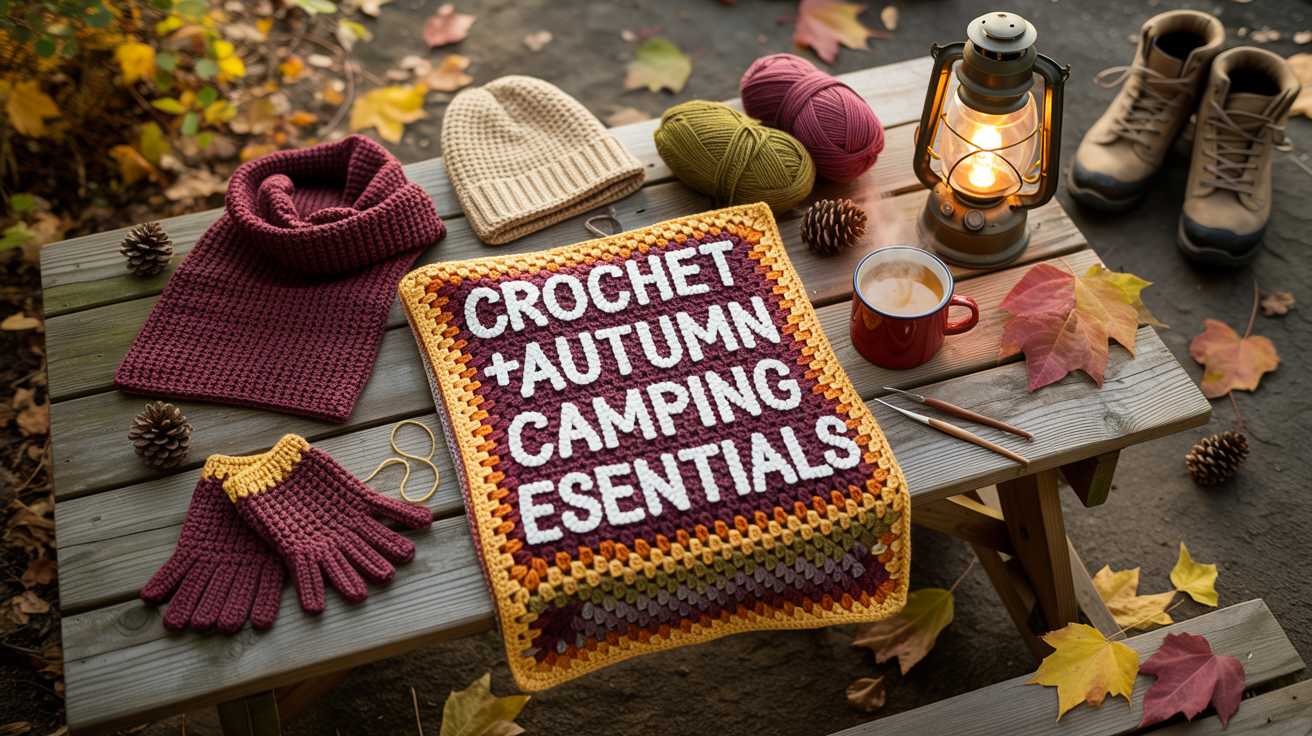Did you know that nearly 50% of backpackers prefer no-cook meals for their convenience and ease? When trekking in warm weather, these meals can be a game-changer, offering nutrition without the hassle of cooking.
From cold-soaked quinoa salads to protein-packed beef jerky, you can enjoy a variety of flavors and textures on your journey. But what’s the secret to keeping these meals interesting and balanced throughout your trek?
Rice and Quinoa Salads
When planning a warm-weather hike, rice and quinoa salads are excellent choices for a nutritious and easy-to-prepare meal on the trail.
Quinoa’s protein content and slow-release carbohydrates in both grains sustain energy for long hikes. These meals are packed with slow-release carbs from grains like spelt, pearl barley, quinoa, and lentils, which provide sustained energy throughout your journey.
Enhance these salads by adding lentils, freeze-dried cheese, and fresh vegetables. With cold-soak preparation, you can serve a flavorful, no-cook meal that fuels your journey and supports others.
RELATED: 18 Make-Ahead Car Camping Meals That Actually Taste Good!
Instant Hummus and Bean Dips
Although some meals require a stove or fire, instant hummus and bean dips offer a convenient and nutritious alternative for warm-weather hikes.
You’ll find them easy to prepare, needing just cold water and a few minutes. With high calories, protein, and fiber, these dips support endurance and muscle repair.
They’re versatile, pairing well with veggies or crackers, and are perfect for those serving others on the trail. The Instant Classic Hummus Mix includes a blend of garbanzo flour and several flavorful ingredients like lemon powder and cumin, adding a delightful taste to your hiking meals.
RELATED: 5 Tips for Stress-Free Camping Meals For Families!
Pre-Made Sandwiches and Wraps
Pre-made sandwiches and wraps are a versatile and convenient choice for your backpacking meals, especially in warm weather.
They’re lightweight and customizable with your favorite fillings, like deli meats, cheeses, and veggies. Wraps are particularly advantageous because they require no cooking, reducing cleanup time.
Opt for wraps since they resist squishing. Avoid mayonnaise to prevent spoilage. Use sturdy breads, and consider including energy-boosting ingredients like peanut butter. Properly package them to keep fresh and mess-free.
RELATED: 15 No-Cook Car Camping Meals for Lazy Outdoor Days!
Dehydrated Cold-Soaked Meals
Dehydrated cold-soaked meals offer a practical and energy-efficient way to enjoy nutritious meals on warm weather hikes.
Cold soaking involves adding water to dehydrated foods, such as instant ramen or oatmeal, in a leakproof container.
Because cold soaking eliminates the need for a stove, fuel, and cookpot, it saves weight and reduces fire risk during high fire danger seasons.
Shake well for even seasoning, and allow time for rehydration. Pack extra spices for flavor, and test your method before long trips to guarantee meal satisfaction.
RELATED: 17 Garden-to-Table Fall Camping Outdoor Easy Meals!
Fresh Vegetable and Fruit Salads
As you explore the world of backpacking meals, fresh vegetable and fruit salads offer a vibrant and invigorating alternative to traditional trail foods.
Choose a variety of fruits like watermelon, cantaloupe, and berries for hydration and energy. Pair them with greens such as spinach or arugula.
Use airtight containers for storage, and add dressings or herbs just before eating to maintain freshness and flavor.
RELATED: 19 Warm Autumn Detox Drinks for Camping and Van Life Mornings!
Beef Jerky for Quick Energy
Beef jerky stands out as a practical and potent snack option for hikers seeking quick energy during warm weather adventures.
It offers high protein (9.4-12 grams per ounce) for muscle repair, moderate fat (7.3 grams) for sustained energy, and essential micronutrients like zinc and vitamin B12.
Its lightweight, portable nature, and savory taste make it a convenient choice for those aiming to serve others efficiently.
Nut Butters for Protein and Calories
While beef jerky provides a savory, protein-packed punch on the trail, nut butters offer a versatile and calorie-dense alternative for warm weather hikes.
With about 190 calories per serving, peanut butter packs essential nutrients like vitamins B3, B6, and E, along with potassium and magnesium.
Portable and convenient, nut butters support sustained energy, making them ideal for meals without cooking.
Trail Mix With Nuts and Seeds
Trail mix with nuts and seeds is a powerhouse snack for warm weather hikes, providing a balanced combination of essential nutrients and energy sources.
You’ll find heart-healthy fats from macadamias, protein for muscle repair, and fiber for sustained energy.
Including seeds like pumpkin and chia boosts minerals and omega-3s, supporting endurance. Customize your mix for taste preferences and dietary needs, ensuring efficient, no-cook trail fueling.
Pre-Packaged Protein Bars
For warm weather hikes, pre-packaged protein bars are an ideal choice, providing a convenient and nutritious energy boost without the need for preparation.
With high protein content, typically 10 to 20 grams per bar, they support sustained energy and muscle repair. Options with minimal sugar, like Oatmega Bars, avoid energy crashes.
Organic and allergen-aware choices cater to dietary needs, ensuring everyone enjoys the journey.
Stuffed Dates and Dried Fruit Snacks
Stuffed dates and dried fruit snacks are a fantastic choice for warm weather hikes, offering a natural and energy-rich boost without any cooking required.
Dates pack a punch with 282 kcal per 100g, providing quick energy from simple sugars and essential minerals like potassium and magnesium.
Pair them with nut butters or dark chocolate for protein and healthy fats, creating balanced, portable snacks perfect for serving others.
Cold Cereals With Shelf-Stable Milk
When you’re planning a warm weather hike, cold cereals with shelf-stable milk offer an easy and nutritious breakfast option that requires minimal preparation.
Mix cereal with shelf-stable milk powder and cold water for a quick meal. Enhance with protein powders or shelled hemp seeds for more nutrition.
These meals are lightweight, require no cooking, and support energy needs, making them perfect for serving others efficiently.
Pre-Cut Fresh Vegetables
Although warm weather hikes can challenge your food storage plans, incorporating pre-cut fresh vegetables into your backpacking meals provides both nutritional benefits and culinary variety.
Hardier vegetables like carrots, onions, and squash last longer without refrigeration. Pack them in airtight bags or rigid containers to prevent bruising.
They offer hydration, essential vitamins, and added texture, enhancing your meals and supporting your group’s energy and well-being.
Ready-to-Eat Fruit Cups
Ready-to-eat fruit cups are a practical choice for warm-weather hikes, offering a rejuvenating and hydrating snack option. They provide immediate energy from natural sugars, perfect for quick calorie replenishment.
Lightweight packaging makes them easy to pack, while their high water content supports hydration. Pair them with protein-rich snacks like nuts for balanced nutrition.
Enjoy them as a revitalizing treat that helps sustain your energy on the trail.
Lightweight Thermos Food Jars
Lightweight thermos food jars are a game-changer for warm-weather backpacking, providing both versatility and convenience.
With 24-ounce capacities, they’re perfect for satisfying larger appetites while maintaining portability. The double-wall vacuum insulation keeps food hot or cold for hours, ensuring meal quality.
Made from durable, BPA-free stainless steel, these jars prevent leaks and odors, offering peace of mind. They’re ideal for serving others nutritious, ready-to-eat meals on the trail.
Planning Cold Soak Meals
When planning cold soak meals for warm-weather hikes, understanding the basics of preparation can greatly enhance your backpacking experience.
Use a leakproof container, add purified water, and allow room for food expansion. Shake or stir regularly. Start soaking before reaching camp to save time.
Choose foods like instant oats or couscous that rehydrate well, and pack seasonings separately to boost flavors once ready.
Nutritional Balance and Variety
Achieving nutritional balance and variety in your backpacking meals is essential to sustaining energy levels and overall health on warm-weather hikes.
Aim for a balance of 50% carbohydrates, 35% fats, and 15% proteins. Use nuts, seeds, and protein powders for density and essential nutrients.
Combine dehydrated fruits, fresh produce, and diverse protein sources like jerky or powdered hummus to enhance nutritional coverage and prevent monotony.
Conclusion
Setting out on a warm-weather hike is like setting sail on a culinary adventure. Your backpack becomes a treasure chest, filled with no-cook delights like quinoa salads and instant hummus.
Crackers and wraps are your trusty compass, guiding you to energy and satisfaction. Trail mix and protein bars serve as the wind in your sails, propelling you forward with every step.
By packing wisely, you guarantee both nourishment and energy, transforming your hike into a rewarding journey.

